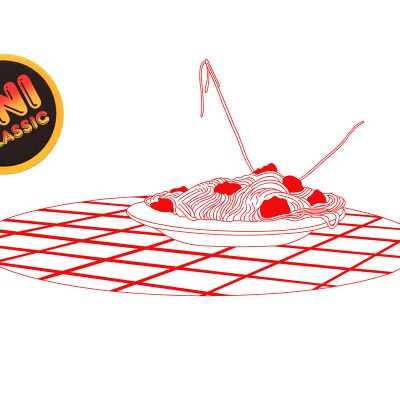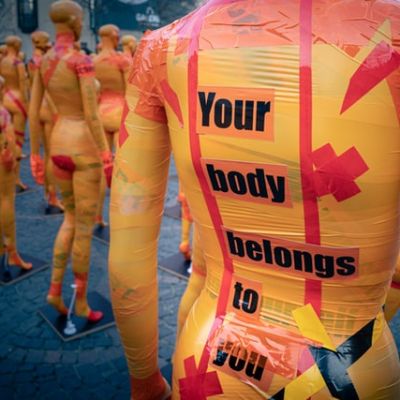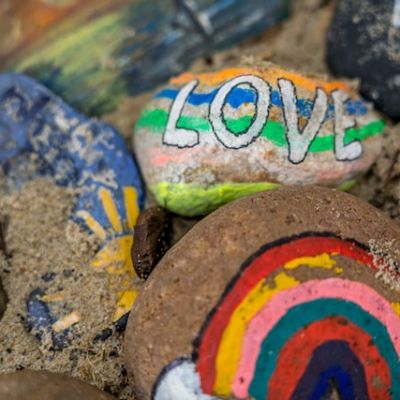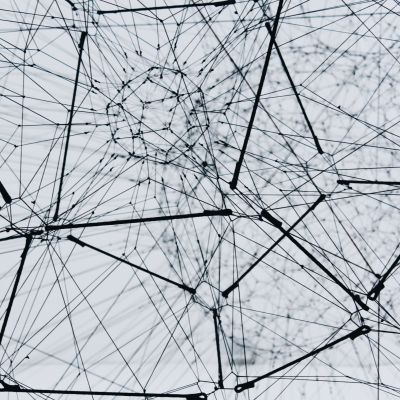intimacy
To be without intricacies is to be without emotional boundaries, to disregard whoever whenever. Besties save you from your shit. They are your heart, and they transcend any efficiency that the Tinderization Bestie Robot attempts to offer you in its binary fantasy.
For a while now, I have been invested in noticing the unique terms of endearment that characterise individual relationships. What are some of the non-verbal, non-physical ways in which couples begin to connect with each other? Intimacies that are so subtle that they are almost invisible and often hidden in plain sight?
I had risked so much already, not just by loving another woman, but by acting on my desires. By allowing myself to feel intimacy and connection with another queer person. Despite feeling guilt and shame, this risk had become increasingly vital to take.
In a time when reason is more valued than emotion, unravelling and understanding the politics of self-care becomes all the more fundamental for us, and the movements we seek to develop and build. When our bodies, our emotions and our needs become weapons to be used against us, acts of defiance become rooted in thinking about your self and how we practice it. I find I am faced with more questions than answers, but I also know that asking the questions is the first step to finding the answers
You held my hand, we hugged each other / I was lost in your love, wanting to go further
Both rejections and affirmations of the couple are skewered on this doubleness: It is the fullest expression of love and proximity available to us, and it bears all the insufficiencies of present social relations. Monogamous romantic commitment, like infallible lifelong attraction to only men or only women, is surely a minority tendency expediently elevated to a general social principle.
Roland Barthes writes in A Lover’s Discourse that we begin to think of ‘love’ as an idea only when our beloved or the object of desire has departed – either when love has failed, or in the absence of the lover – that is absolutely crucial to any theorisation of love.
Dalit women are primarily viewed as victims and survivors of various kinds of violence. Reification of the Dalit identity has led to the boxing of our existence whose dimensions are solely defined by the savarna (dominant caste) gaze. Our self-assertions of identity are commodified to create a warped limiting of our lives, creating an image that is voiceless in the minds of our potential suitors. We are not seen as being capable of desire, love or happiness; we don’t exist as individuals outside of violence.
The largest contingent of voiceless, lonely women with limited agency in the subcontinent must be its married women. If they’re fortunate enough to be born and reach adulthood, a woman’s parents and society make sure she becomes an adult brainwashed into self-alienation and self-loathing.
For them there is always a smile, and for them time has stood through. Memories are edged in the season of those years in which I met them.
Many disabled people in India live with their parents and any expression of sexuality is suppressed as a rule within the confines of their homes. Sexual desires of persons with disabilities are seldom a priority issue for families or civil society. More is said through silence than words. Be grateful that you are alive. Isn’t that enough?
We all talk of ‘safe’ as some place where we are not in danger. Well, the truth is there is danger everywhere. So, maybe before we even delve into the subject of safety and sexuality, it is imperative that we take a moment to pause and see what safety and sexuality could even mean.
That offline patriarchal norms are travelling online – lock, stock and barrel. Digital technologies may appear to be gender-neutral, but floating below their waters is the whole kit and caboodle of patriarchy.
I want it, I got it. Right? Except, what I often get is some approximation of erotic pleasure, which has more to do with my own conditioning about what good sex looks like, and little to do with my body’s erotic mechanisms. This very peculiar condition is often lumped under ‘sexual frustration’, when it should really be addressed under safety.















